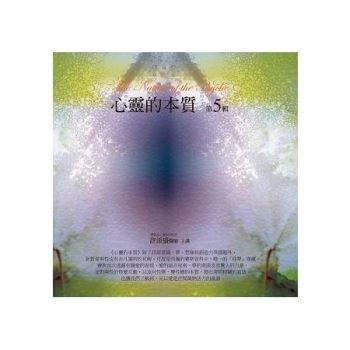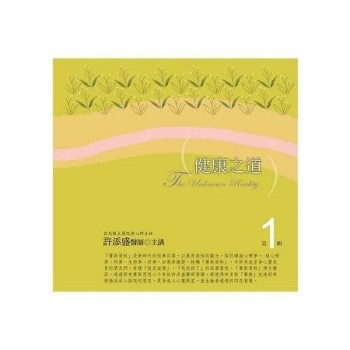This book studies India’s foreign policy through the lens of Kautilya’s Arthashastra, an ancient Indian treatise on state and statecraft. It assesses the extent of influence of the foundational elements/core beliefs extrapolated from the Arthashastra on the nation’s international behaviour to understand the grand strategic preferences of independent India. The volume examines the basic realist and cultural underpinnings of statecraft such as Yogakshema (Political End Goal), Saptanga (Seven Elements of State), Sadgunyas (Six Measures of Foreign Policy), Rajdharma (Duty of a King), Rajamandala (Circle of kings), and Dharma (Order), mooted in the Arthashastra which have withstood the test of time and space. It evaluates the continuity of strategic cultural traits under the themes of nonalignment, bilateral relations with China and Pakistan, and nuclear policy.
An important intervention in the study of India’s foreign policy, the book will be useful for scholars and researchers of foreign policy, defence policy, international relations, defence and strategic studies, political science, Indian political thought, political philosophy, classical literature, and South Asian studies.












